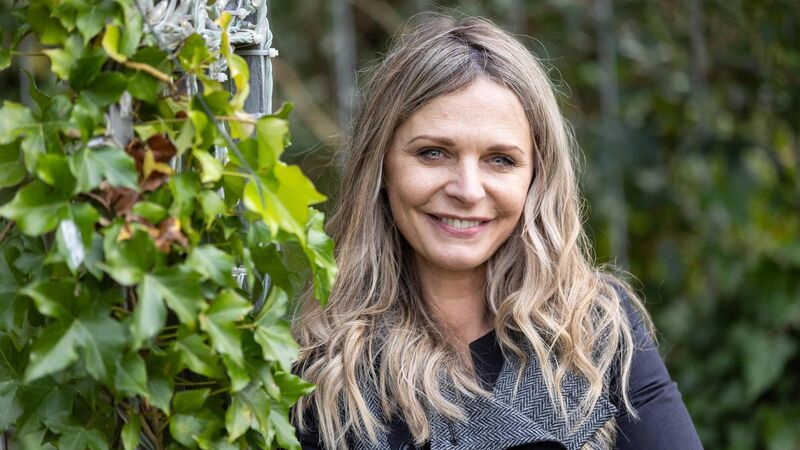Workplace Wellbeing: Support for stretched frontline workers

Dr Nicola O’Sullivan, Independent Social Care Consultant. Pic: Darragh Kane
IRELAND’S frontline workers are buckling under pressure. These are people who deal directly with the public and in the case of medics, teachers, childcare workers, and members of An Garda Síochána, they fulfil a vital role in the community.
Statistics show they are finding it difficult to cope with the stress of their work. The Nursing and Midwifery Survey published earlier this month found that work negatively impacted the psychological wellbeing of 94% of nurses and midwives. And the Irish Medical Organisation’s most recent survey of doctors’ health and wellbeing found that 90% experienced some form of depression, anxiety, stress or other mental health condition related to or exacerbated by work.
Already a subscriber? Sign in
You have reached your article limit.
Subscribe to access all of the Irish Examiner.
Annual €130 €80
Best value
Monthly €12€6 / month
Introductory offers for new customers. Annual billed once for first year. Renews at €130. Monthly initial discount (first 3 months) billed monthly, then €12 a month. Ts&Cs apply.
CONNECT WITH US TODAY
Be the first to know the latest news and updates











